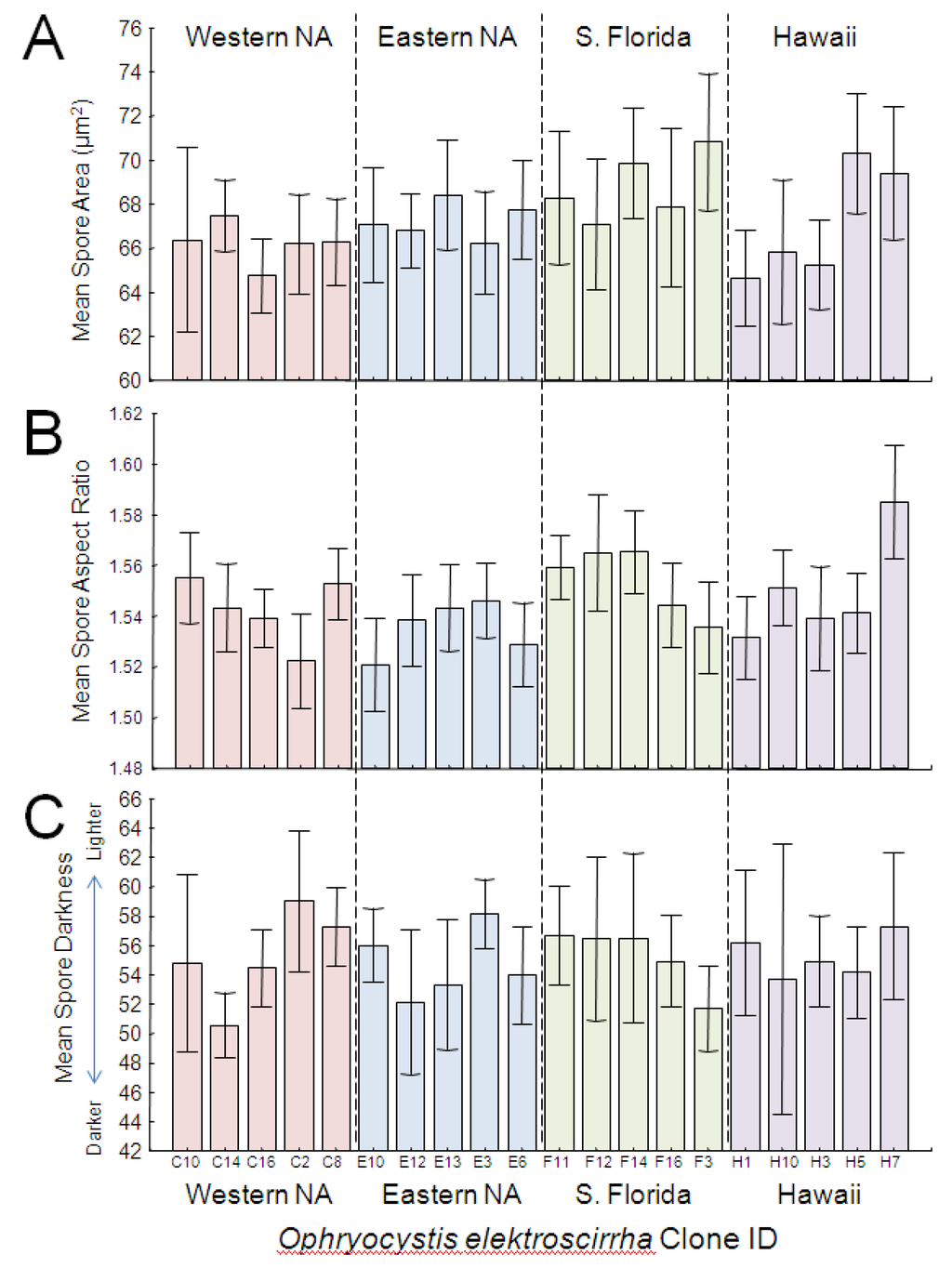Fundamentals Of Ecology By Odum Pdf Merge

Author by: E.P. Odum Language: en Publisher by: Format Available: PDF, ePub, Mobi Total Read: 80 Total Download: 180 File Size: 50,9 Mb Description: The scope of ecology. Principles and concepts pertaining to the ecosystem.
Compartment models are greatly enhancedby making the shape of the 'boxes' indicate th€ general function of the unit. Tn Figure 1-8, some of the symbols from the H. Odum energylanguage(H. P Odum 1982; H. Odum 1996) are depicted as used in this book. Ln Figure l-9, theses).tnbolsare used in a model of a pine lorest. Fundamentals of Ecology PDF ebook. Author: Eugene Odum, Gary W. Other Format: PDF EPUB. The History and Fundamentals of Golf Course Design.
Ticket Maker Crackers. Principles and conceptes pertaining to energy in ecological systems. Principles and concepts pertaining to biogeochemical cycles. Principles pertaining to limiting factors. Principles and concepts pertaining to organization at the community level. Principles and concepts pertaining to organization at the population level.
Beck Mellow Gold Rar Chomikuj Muzyka. The species and the individual in the ecosystem. Development and evolution of the ecosystem. Systems ecology: the systems approach and mathematical models in ecology. Freshwater ecology. Marine ecology. Estuarine ecology.
Terrestrial ecology. Pollution and environmental health. Radiation ecology. Remote sensing as tool for study and management of ecosystems.Perspectives in microbial ecology. Ecology of space travel. Toward and applied human ecology.
Author by: S.E. Jorgensen Language: en Publisher by: Elsevier Format Available: PDF, ePub, Mobi Total Read: 39 Total Download: 738 File Size: 52,5 Mb Description: Fundamentals of Ecological Modelling: Applications in Environmental Management and Research, Fourth Edition, provides a comprehensive discussion of the fundamental principles of ecological modeling.
The first two editions of this book (published in 1986 and 1994) focused on the roots of the discipline the four main model types that dominated the field 30-40 years ago: (1) dynamic biogeochemical models; (2) population dynamic models; (3) ecotoxicological models; and (4) steady-state biogeochemical and energy models. The third edition focused on the mathematical formulations of ecological processes that are included in ecological models. This fourth edition uses the four model types previously listed as the foundation and expands the latest model developments in spatial models, structural dynamic models, and individual-based models. As these seven types of models are very different and require different considerations in the model development phase, a separate chapter is devoted to the development of each of the model types. Throughout the text, the examples given from the literature emphasize the application of models for environmental management and research.
Presents the most commonly used model types with a step-by-step outline of the modeling procedure used for each Shows readers through an illustrated example of how to use each model in research and management settings New edition is revised to include only essential theory with a focus on applications Includes case studies, illustrations, and exercises (case study of an ecological problem with full illustration on how to solve the problem). Author by: R. Barnes Language: en Publisher by: John Wiley & Sons Format Available: PDF, ePub, Mobi Total Read: 15 Total Download: 789 File Size: 49,6 Mb Description: Fundamentals of Aquatic Ecology is a completely updated and revised edition of the earlier work, Fundamentals of Aquatic Ecosystems. The new edition has been re-titled to reflect the fact that the authors found that, from the modification exercise, a completely different and new book emerged. The new edition concentrates heavily of the fundamental features common to all aquatic systems, both marine and freshwater.
This unique synthesis allows for the discussion of ecological processes comparatively, across environments. A general introduction is followed by discussion of various 'types' of aquatic ecosystems - open waters, coastal zones, benthos, and the aquatic ecosystem as a whole. This is followed by an important new chapter on aquatic ecosystems and global ecology. Later chapters consider the individuals and communities in aquatic ecosystems. A totally re-written and rejuvenated edition of an established student text. Synthesizes both marine and freshwater ecology. Covers both ecosystem ecology and population biology.